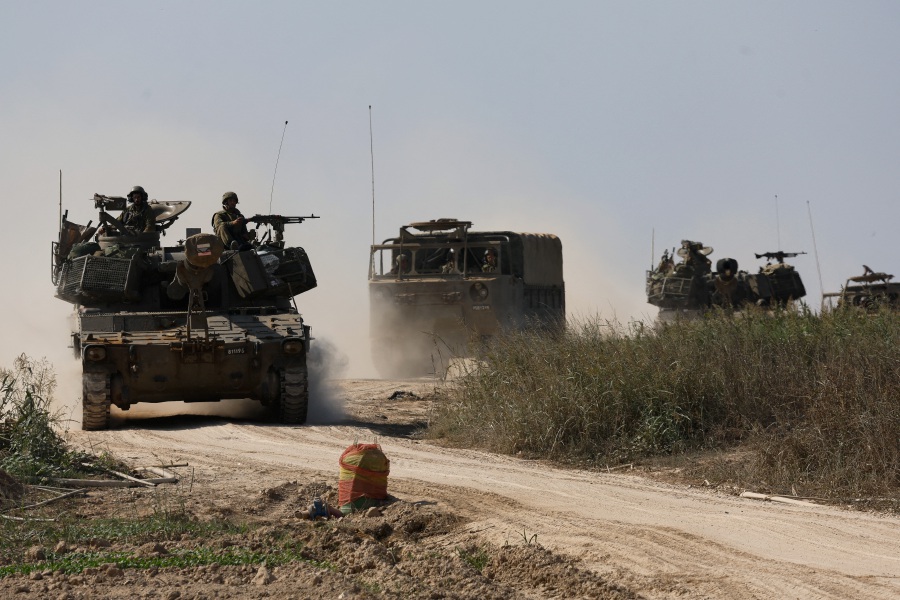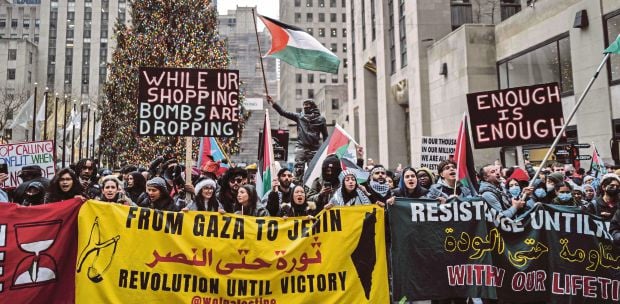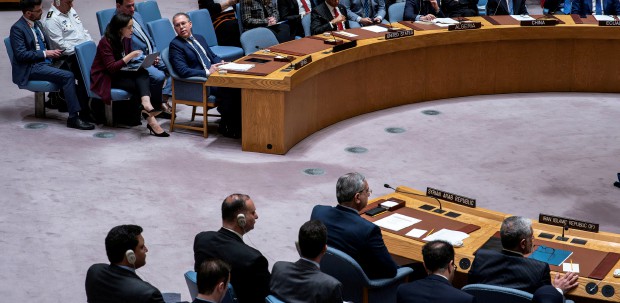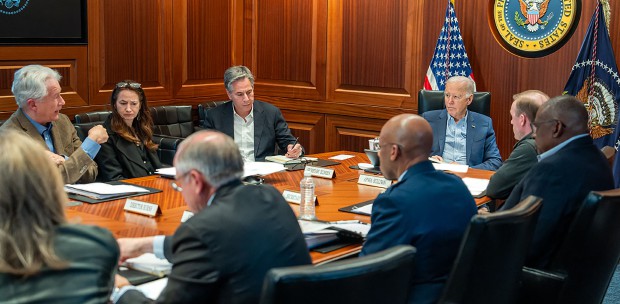A TRIP I made last weekend to Bangkok was the most hassle-free cross-border experience since the pandemic.
In fact, it was freer than the pre-pandemic time because there was no immigration form to be filled prior to or upon arrival.
However, one airport experience (departure and arrival) remains a constant: security clearances — emptying pockets, removing watch, belt and shoes, and getting a patting down if
the electronic gate gives off a beep.
Your carry-on bags better not contain excessive amounts of liquid.
These hassles are standard at airports. They involve long queues at busier airports, which explains why we need to check in a couple of hours before flying.
But there was a time — prior to Sept 11, 2001 — when there was none of this.
Terrorist threats have become the bane of air travellers and we have come to accept pre-flight precautions.
But as the Israel-Palestine fighting shows, we are far from addressing the root causes of terrorism and observers are rueing that nothing seems to have been learned from the reactions by Israel and the United States now, which are akin to the missteps made after 9/11.
The Iraq and Afghanistan wars after 9/11 hardly solved anything.
All they did was cause a huge waste of human lives and resources that brought social upheavals and worse to those two countries.
Perhaps an even more incalculable loss has been the damage to US prestige and credibility as a responsible superpower.
China, the ascendant superpower, at least in Asia, has made much headway in portraying the US as a trigger-happy warmonger and finds much resonance with such a narrative, not only in China but also across swathes of this region and the rest of the world.
The adage that one guy's terrorist may be another's freedom fighter seems to be inexplicably lost on the US and its Middle East ally, Israel.
Hamas may be an especially implacable enemy of Israel, but is that not because the lack of a two-state solution over so many decades only helped to radicalise more Palestinians?
What goaded the perpetrators of the 9/11 attacks remains largely a mystery.
They were largely young, well-educated Arabs from privileged family backgrounds.
Why, as then US president George W. Bush asked, did they hate America so much?
Instead of seeking answers, the US seems content to lash out, unleashing a torrent of Islamophobia and bringing in its wake further acrimonious anti-Americanism from Muslims and others.
Whatever one may think of Hamas strategists, they certainly deserve grudging respect from even its enemies for the attack on Oct 7.
They knew it would unleash an Israeli response that is disproportionate to the initial attack but, equally, provoking a global recoiling in horror of the death and destruction now visited upon the residents of crowded Gaza.
Solidarity from fellow Muslims across the globe, including Malaysia, over the suffering of Palestinians is understandable.
Unfortunately, this has also unleashed a counter-reaction from other Malaysians, some of whom urge that our government adopt a more neutral stance over the fighting half a world away.
However, any government of a Muslim-majority Malaysia must be seen to be in solidarity with the suffering of Palestinians.
Especially if Malaysian Muslims, like those almost everywhere, have an almost visceral identification with those widely perceived to be victims of a superpower whose blind spot for Israel makes it unable or unwilling to play a honest broker to bring lasting peace and justice to a land holy to Muslims, Jews and Christians.
The writer views developments in the nation, region and wider world from his vantage point in Kuching






